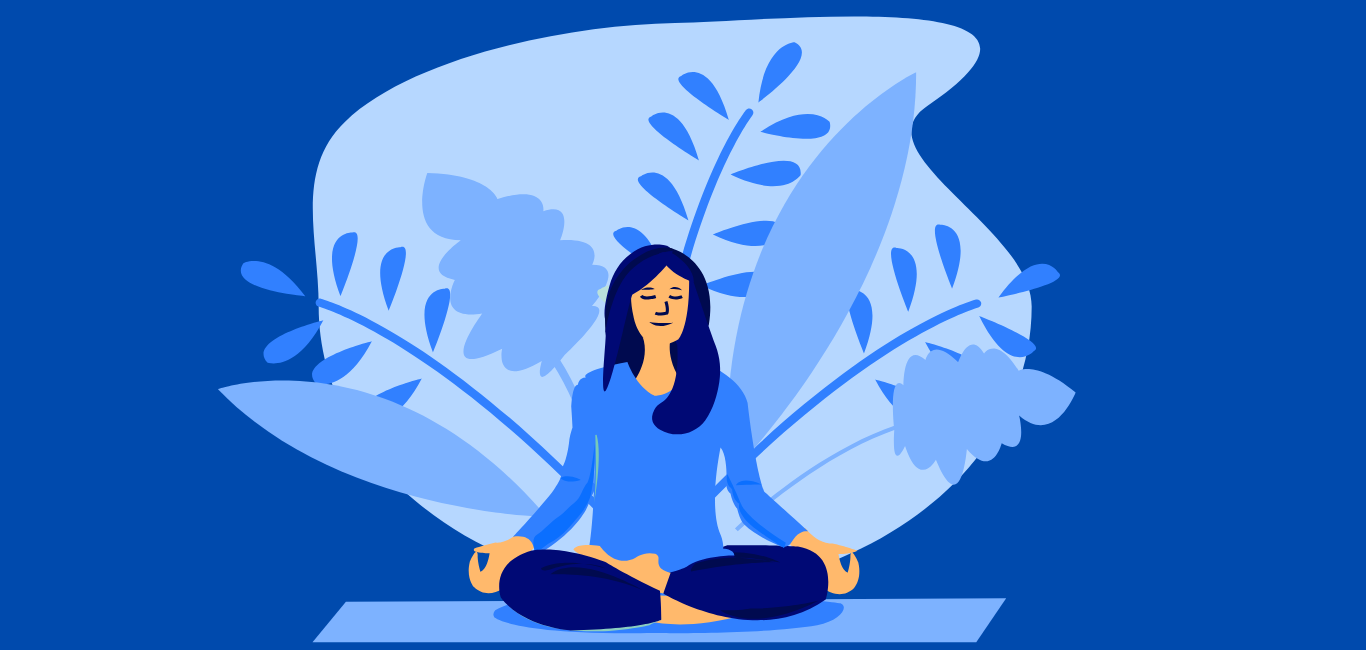
World Mental Health Day, observed every year on October 10, is a global initiative aimed at raising awareness about mental health issues and advocating for improved mental healthcare. The theme for this year is Mental Health is a Universal Human Right.
This theme underscores the fundamental importance of mental well-being in our lives and emphasises that access to mental health services and support should be a right for all individuals, regardless of their background or circumstances.
While historically the focus of human rights has been on food shelter and healthcare, seeing mental health as a human right adds a crucial perspective to our view on quality of life.
Not just absence of disorders
In a statement issued by the World Health Organization (WHO), Poonam Khetrapal Singh, the WHO Regional Director for South-East Asia, emphasised that mental health should not be reduced to simply the absence of mental disorders. Instead, she stressed that mental health is crucial for living a happy and healthy life.
She added that it is equally important to acknowledge that mental health is intertwined with multiple facets of life, encompassing education, employment, housing, and active social involvement. An individual’s mental well-being has a direct influence on their capacity to exercise other entitlements, such as the right to access education and the right to engage in gainful employment. When we safeguard mental health, people are more apt to actively participate in society in a meaningful manner.
Dr Sanjay Garg, who heads the Department of Mental Health and Behavioural Sciences at Fortis Hospital, Kolkata, says “People suffering from mental illnesses are often the most marginalised and stigmatised. And often they do not get the proper treatment and are left to fend for themselves.”
But when we talk about changing the way we think about mental health, he says that if we see mental health as something every person deserves, just like food, education, or a place to live, then it means that someone dealing with a mental illness should be treated equally to someone dealing with a physical health problem. This means they should receive the right treatment when they need it. “And that is the whole idea behind the theme,” says Garg.
Prominent mental health issues in today’s context
According to Dr Garg, some prominent mental health concerns in today’s world include:
- Youth mental health: “We must be looking after the health of our young children who are going to be the future of our society,” says Dr Garg. He says that it is important to realise that almost 50 per cent of mental illnesses begin to manifest early, around 14 years of age. If the child is affected by poor mental health, he recommends early intervention. And the sooner that we intervene, the better the outcome.
- Social skills and loneliness: According to Dr Garg, today’s world makes it tough to find someone with whom to share all of life’s challenges. He asserts that rather than relegating ourselves to a life of virtual existence, we should reconsider investing in our relationships. He adds that because of the increased use of gadgets, more nuclear families, there is a decline in crucial social skills. Therefore, it becomes imperative to instill these in children. “We need to invest the time to help them build relationships,” adds Dr Garg.
- Sensible use of gadgets: In a post-pandemic world, our usage of gadgets, even adults, has gone sky high. “And as adults, we are role models for our children, for the youth,” says Dr Garg.
- Usage and acceptance of drugs:“Whether it is alcohol, smoking, cannabis, weed, et cetera, we are seeing it being used more and more rampantly without any controls, without any sort of guidance.” The answer lies in an open discussion with the youth about the usage, the advantages, the disadvantages of using them, and the way forward.
- Focus on prevention: As the famous saying goes, prevention is better than cure. Mental illness, he adds, is more about prevention. “What we advocate, what we emphasise upon is that involving people to raise awareness about mental health, empowering them with skills, with resilience building, so that they can take the route of prevention, instead of treatment.”
What should we do about it?
Dr Singh, in her WHO statement, stressed the necessity of changing societal attitudes and government policies. She highlighted key concerns like climate change, humanitarian crises, and social issues such as inequality and poverty. To combat the stigma around mental health, there should be increased awareness and education. Moreover, two crucial strategies should be prioritized. Firstly, support should be extended to nations or states in transitioning from psychiatric hospitals to community-based mental health care.
Secondly, a platform should be established for individuals with personal mental health experiences, along with their families and caregivers, to share insights and advocate for the rights of those with lived experience.
In conclusion
Unquestionably a fundamental human right, mental health is intertwined with our general well-being. On World Mental Health Day, we are reminded of the need to eradicate stigma, promote equitable access to care, and create an environment where anybody can easily seek and get the support they need.

















